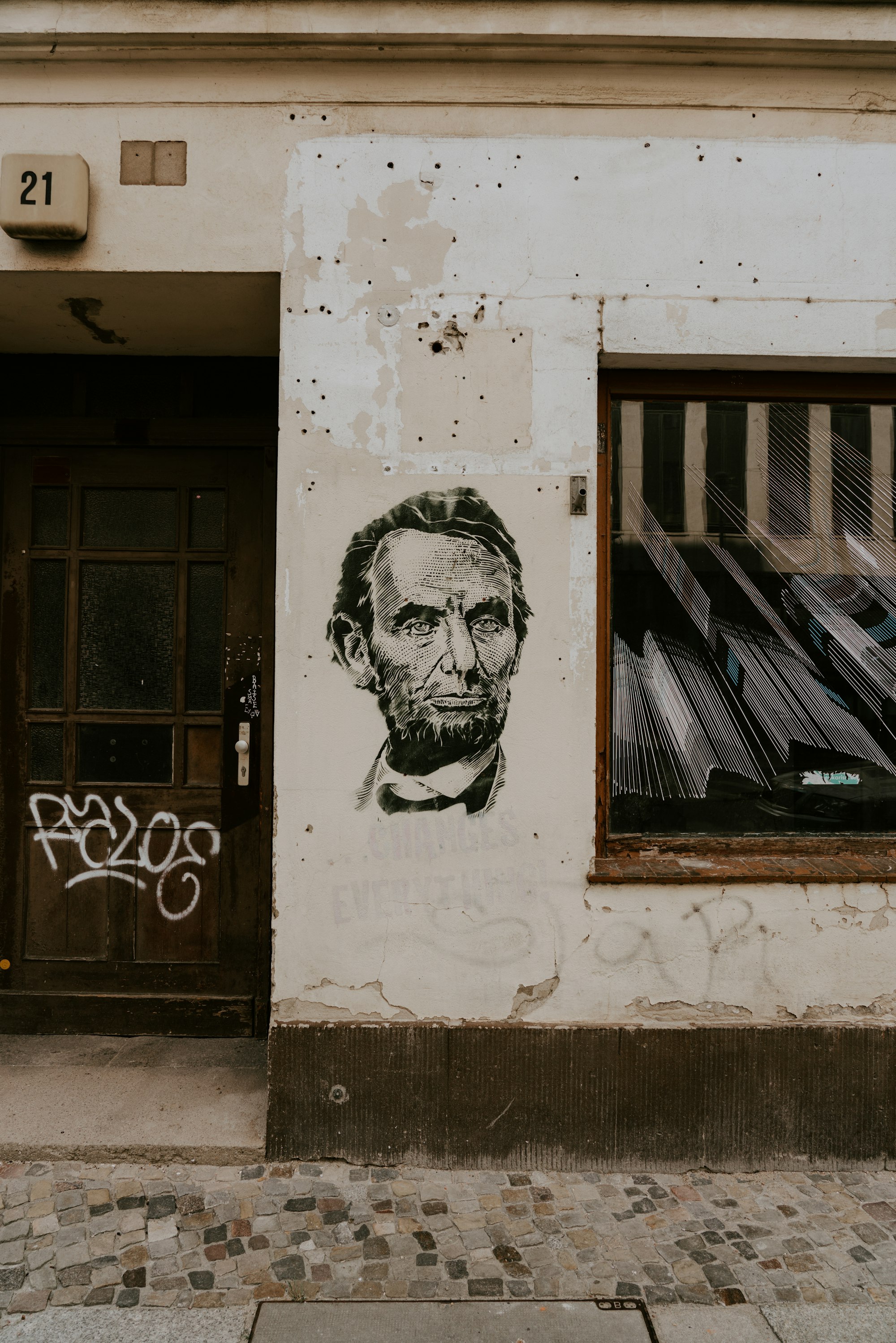About Me
...I'm writing things like "I am an award-winning teacher" and "I help students identify and use their resources" three or four times a week.

I ask my students to do this every semester, even though I dread doing it myself. Here's the latest attempt.
Right now, I'm in the middle of a job hunt. So I'm writing things like "I am an award-winning teacher" and "I help students identify and use their resources" three or four times a week. It's funny, as I'm also teaching Bioethics. The questions of Bioethics are large and often posed at moments where it is impossible to think about anything. "How can one make a judgment about whether one's life is worth living?" is a real question, unnerving to talk about in everyday conversation, but which we attempt to answer daily nonetheless. People sacrifice themselves for others all the time. They decide certain pains are unbearable, too.
I guess everyone struggles with trying to define themselves. The "smaller" details--I like sushi, I read poetry, I've been listening to The Cure for months now--may not even hint at the "larger" questions, e.g. What do I stand for? But the smaller details aren't actually small, either. People find each other on dating profiles by sharing them. And in my case, poetry has been a great way of seeing what other thinkers do with themes developed by or resembling those of philosophers. When I wrote on Emily Dickinson recently, I noted she used a logic comparable to that of Kant's moral reasoning in one of her poems (see "The Soul selects her own Society").
Still, because of the job hunt, I feel especially pressured to reconcile "large" and "small." "Award-winning teacher" doesn't really convey anything unless one has a deep understanding of how adjunct faculty are treated. You have to know that giving out awards is not the sort of thing academia wants to do for contingent labor. I suppose a way to fit "large" and "small" together can be seen through my reading and research. I like to say nowadays that I'm interested in how political philosophy works for us. Scholars who work in the tradition with which I'm familiar are interested in the deeper--perhaps hidden--meanings of older texts. I'm interested in that debate, too, as there's hard thinking about what a person of knowledge or a philosopher represents. It does seem that the ideas which change the world are not abstractions, but come to us in very personal guises. Where I diverge is that I am more interested in what we see in the play of ideas nowadays. I am not interested in saying someone in the 13th century got it right. I am concerned about why we might see it that way.
To illustrate this more fully, let's talk a bit about esotericism. Lincoln will say in his private letters that if slavery isn't wrong, nothing is wrong. He does not say anything close to that publicly for the vast majority of his career. He hides his private sentiments which motivate his political actions for prudential reasons. This is a kind of esotericism, as it leads to the Gettysburg Address' mysticism. "A new birth of freedom," a refounding of the Constitutional order, is the necessary consequence of his thinking. The irony is that he can talk about that refounding but can't directly decry slavery as an abolitionist would. He is in the middle of a war where he needs all the allies he can get.
Lincoln, to be sure, is not difficult to interpret. He's not writing books which are hundreds of pages long responding to other books which are hundreds of pages. He's not writing or thinking about whether cosmology might be necessary to support a moral order, or whether science and commerce weaken both tradition and lawfulness. He's not wondering about how art works or what rationality looks like. To wit: when you consider a text like Plato's Republic, things get very thorny. Good scholars will talk about the closeness of democracy and tyranny based on Plato putting them next to each other in his genealogy of regimes. And that's the sort of reasoning where I want to pause for a moment and consider how political philosophy actually works. Just because something has been said for a long time--even though it has massive cultural influence over centuries!--does not make it true. One need not to do an empirical study comparing democracy and tyranny to question their supposed closeness. A bit more attention to how Plato sets the scene can reveal an entirely different way of talking about them.
Does that reconcile "large" and "small?" Only by way of working through artifacts--texts, poems, works of fine art, music--which themselves revel in smaller details pointing to the larger themes. Artifacts are just that, artificial. That the small adds up to the large is an illusion. For myself, I have to be happy that I can write "award-winning teacher." It may not mean anything to most people, but for someone aware of the sort of details it entails, the larger point is known.
